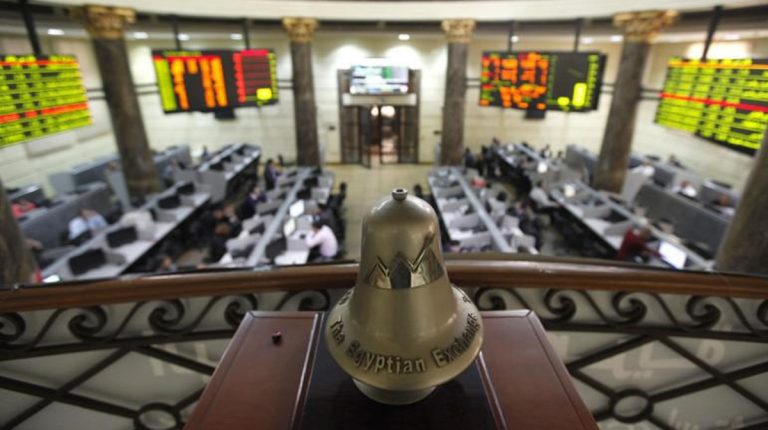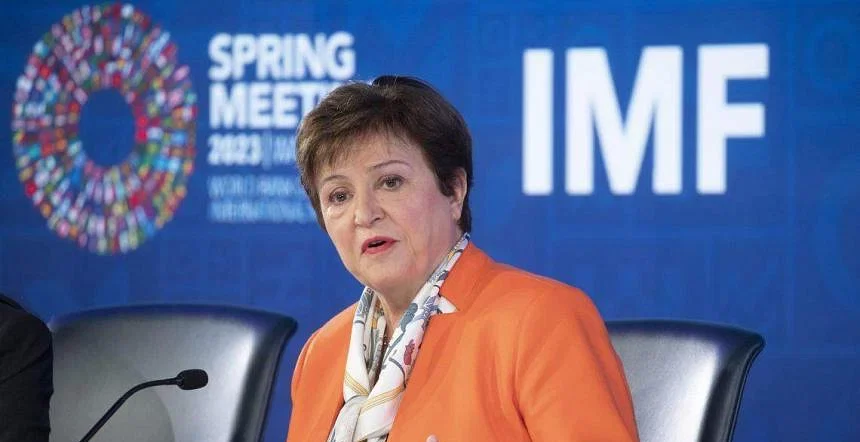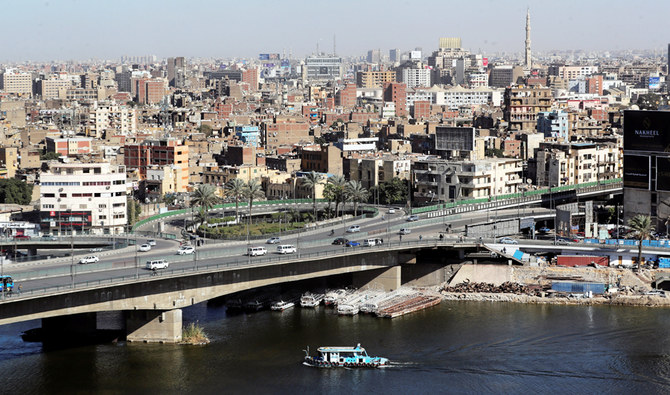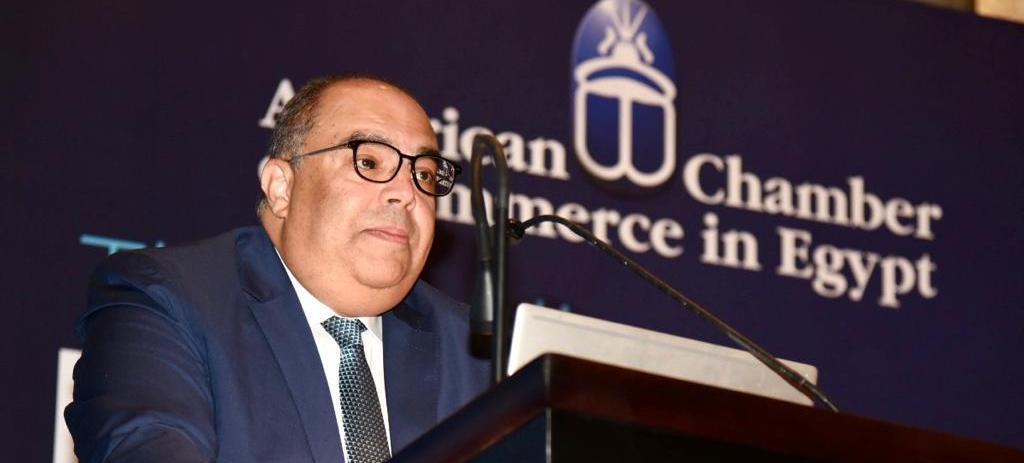Egypt is ramping up efforts to meet promises it made to the International Monetary Fund (IMF) regarding the sale of state-owned companies through the government’s initial public offering (IPO) or via assigning several companies to strategic investors under its $3 billion loan program with the fund.
The North African country has less than a month to meet commitments to secure $2-2.5 billion from the sale of state-owned companies, as the first review of the loan deal is expected to be rolled out by mid-June. This has placed counted tension on a country trying to sail ashore amid a formidable economic situation for over a year.
How can Egypt’s IPO prove successful amid global economic headwinds, a weakened local currency, and sluggish progress in economic reforms? Business Monthly finds out.
Stalled investments
In the past few months, several Gulf investors announced stalling their future investment plans in Egypt to test the country’s intention to level up the playing field with the private sector and apply real reforms.
“The recent number of Gulf investor’s investment pauses appear aligned with decisions by several Gulf states, including Saudi Arabia and Kuwait, to condition future financial support on structural economic reform progress as announced by the Saudi Finance Minister, Mohammed al-Jadaan at the World Economic Forum in January,” Associate Director and Head of Country Risk Desk for MENA at Standard and Poor’s (S&P) Global, Jack A Kennedy, told Business Monthly.
Kennedy said that a main requirement of the IMF loan program is for the state to reduce the role of military-backed enterprises in the economy and to improve operating conditions for the private sector.

“UAE’s Aldar’s hesitation to invest in Egypt probably illustrates concerns among Gulf states that the Egyptian government, and particularly the military, are reluctant to implement IMF economic reforms with Gulf financial support,” Kennedy pointed out.
UAE-based Aldar Properties, which already has investments in Egypt, said in May that it will hold off its future investments in Egypt until conditions there stabilize, the company’s Acting Chief Finance and Sustainability Officer, Faisal Falaknaz, told Reuters.
In August 2022, the company said it plans to invest an extra $1.5 billion in Egypt and the UAE, without giving details on a specific time plan for that. Also in May, Saudi consumer electronics retailer eXtra announced its intention to cancel its EGP 1 billion expansion plan in Egypt, citing no reason for the decision. A few weeks ago, Kuwait Investment Authority denied in a statement its intention to acquire a stake in the United Bank, which is fully owned by the Central Bank of Egypt and is among the 32 state-owned entities the government announced to go public. Reuters reported in April the Kuwaiti authority eyes taking over the United Bank in a deal estimated at $660 million.
Gulf complaints regarding the valuation of the Egyptian pound are likely to lead to further delays in asset sales. The Egyptian pound has lost 70% of its value to May 2023 compared with the same period last year and a 35% devaluation of the pound in comparison with the US dollar during the same period, Kennedy noted.
Limited progress with the implementation of the IMF’s economic support package conditions — if ongoing — would probably contribute to a continued reluctance from Gulf companies to invest in Egypt or engage in the government’s privatization plans, which have so far failed to materialize, he added.
Kennedy explained that the IMF’s stated insistence on wanting to see Egypt implement its planned reforms prior to the fund’s first review had delayed the first of eight disbursement reviews. This is likely to add pressure to Egypt’s current account and foreign exchange liquidity, he stated.
“Gulf states are unlikely to facilitate additional investment into the private sector unless the government rationalizes un-costed, large mega projects, which will likely reduce the scope of projects connected to the New Administrative Capital east of Cairo and will probably delay short-term development progress around the El Dabaa Nuclear Plant development on the Mediterranean coast,” he said.
He clarified that financial support is yet to be delivered and that as of now, investors are only representing pledges or expressions of interest in certain sectors of the Egyptian economy.
“Progress in attracting more funding for these investments, alongside successful government efforts to attract foreign inflows from expatriates and portfolio investors, would represent positive risk indicators, improving risk perception and giving Egypt greater access to the international capital markets,” Kennedy said.
The UAE publicly conditioning renewed financial support for Egypt on the Egyptian government shifting foreign policy positions to be more directly aligned with those of the UAE, such as Emirati-preferred actors in Sudan, would increase the likelihood that limited financial aid would be disbursed without being contingent on significant divestment of the military from Egypt’s economy.
Distraction offerings?
Earlier this week, the Ministry of Finance announced the completion of a 9.5% sale of the state-owned largest telecom operator Telecom Egypt in the secondary market of the Egyptian Stock Exchange in a deal valued at EGP 3.7 billion ($122.2 million). The ministry said that this sale is a part of the government’s IPO program.
“This sale is not enough to send a positive message for investors, especially the Gulf ones, or to restore their confidence in the Egyptian market as an investment destination, “Associate Professor of Finance and Fintech at Kingston Business School in London Nashwa Saleh told Business Monthly.

Saleh highlighted that the recent credit rating downgrades that S&P, Fitch Ratings, and Moody’s have applied, along with the delay in the fulfillment of its commitments to the IMF, and the Gulf investors’ concerns, are negatively impacting Egypt’s investment climate and affecting the pricing of state-owned companies that will be offered to investors.
“Egypt has to increase the stakes it intends to float and accelerate the pace of the entire IPO program to attract investors and consequently meet the fund’s deal requirements,” Saleh said, adding that the government has to set lower prices for the stakes it intends to float as a result of the delay in the IPO implementation.
She also emphasized that the IMF program for Egypt is relatively small compared to the size of the economy and reform bill.
Egypt’s reform program in the next three to five years should include a realistic schedule of planned offerings on the stock exchange, genuine institutional reforms to encourage higher private sector participation, and less crowding-out and deep-rooted governance reforms to encourage a sustainable increase in FDI in the long-term, Saleh advised. “Quick-fix solutions which do not address the core reform issues will not be sufficient nor sustainable,” she concluded.







